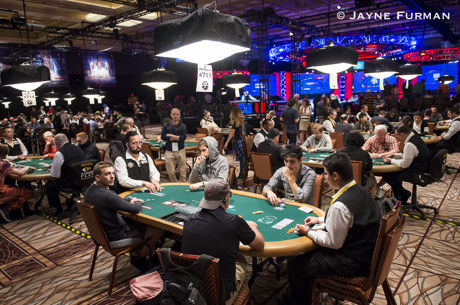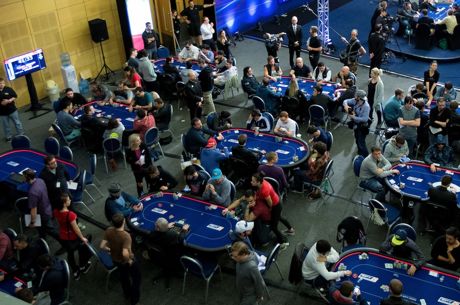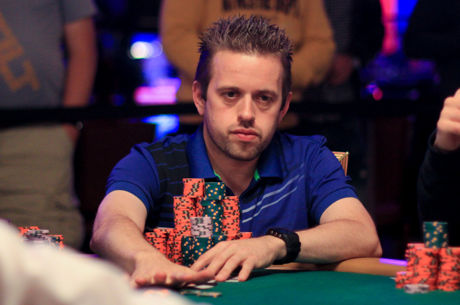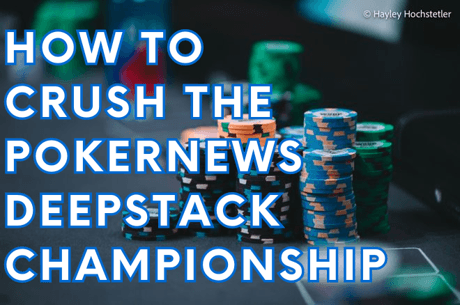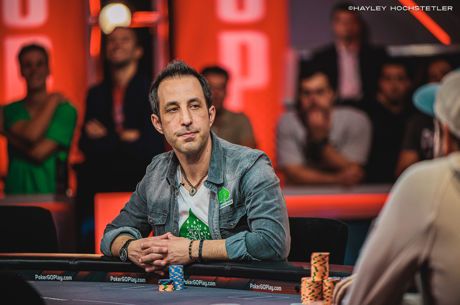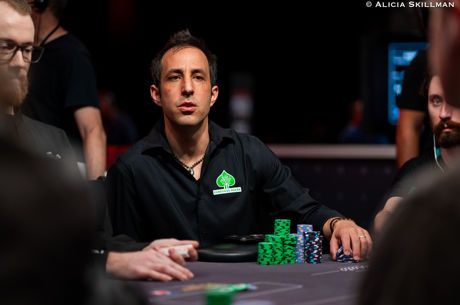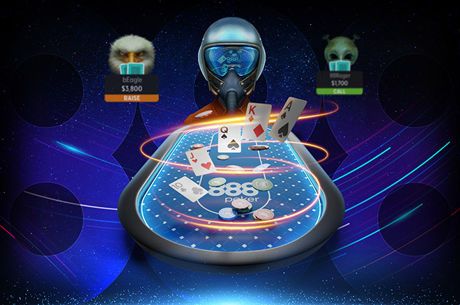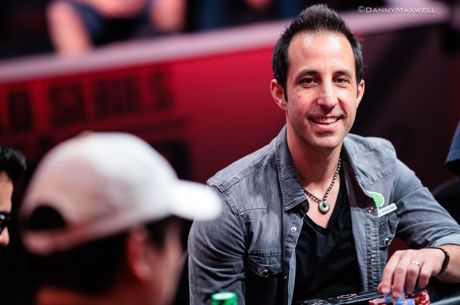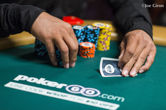Post-Tournament Review of Hands: Don't Just Focus on the Last One
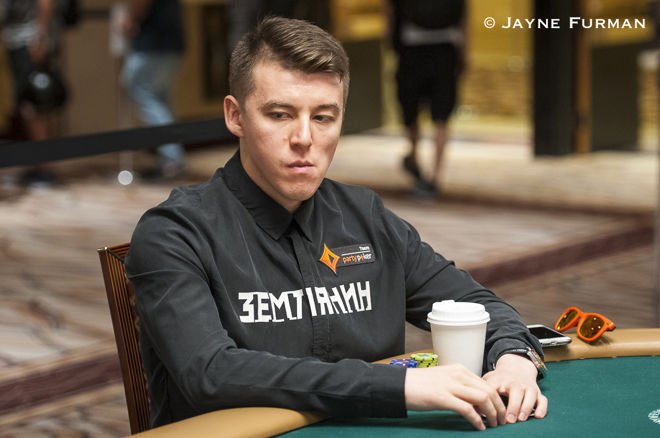
Busting from a poker tournament shy of the money is never fun. Of course, all tournament players — even the most accomplished ones — well know the feeling. After all, even those who earn a consistently high ROI (return on investment) in tournaments will fail to make the money more often than not.
Upon busting, many tournament players — especially those with less experience — tend to focus most intently on the hand that knocked them out. If only a different river card had fell, they think, they'd still be in their seat with a chance to chance the money bubble and go on to make a deep run.
Oftentimes, though, elimination hands aren't necessarily that meaningful in the context of the entire tournament. Especially if the player was short-stacked and more or less forced into an all-in situation, there was likely only one significant decision to consider in the hand, and a lot of the time that decision is a trivial one.
For example, say you're down to just 5-6 big blinds and after folding for an orbit or two finally pick up A♣K♦. Given a chance preflop to open-push or reraise all in, you'll likely do so, the decision probably being one of the least difficult ones you'll be making during the course of a tournament.
Then you're called by a big-stacked opponent in the big blind with 4♦4♣, the small pair holds, and you're out — with little to gain from a repeated review of the sad runout of board cards that missed your ace-king.
But very likely there were earlier poker hands, perhaps ones in which the decisions were less cut-and-dry or in which with hindsight you can see you made genuine mistakes leading to the loss of small-to-medium pots. In other words, hands that eventually led you to that situation of having just 5-6 big blinds and only one way left to play ace-king.
Those are the hands and decisions more worthy of close, post-tournament review than that elimination hand. After being eliminated from a tournament, taking the time to review difficult decisions and potential mistakes will serve you much better the next time you buy into another tournament.
Recently Russian pro Anatoly Filatov illustrated this principle well when talking to PokerNews shortly after his Day 2 elimination from the Event #42: $10,000 No-Limit Hold'em 6-Handed Championship eventually won by his fellow countryman Dmitry Yurasov.
Going back to a point at which he had an above-average stack, Filatov recounts a series of hands he realizes afterwards that he could have played differently, including hands in which he...
- did not three-bet with Ax9x-offsuit from the small blind;
- made a river bet with two pair on a three-flush board, only to get check-raised;
- paid off a small value bet versus Dario Sammartino;
- and called a big river bet against Davidi Kitai in what he realized was probably a push-or-fold situation.
All of that preceded Filatov's bustout hand, a blind-versus-blind hand in which he shoved a small stack from with Qx10x, Sammartino woke up with AxQx in the big blind, and that was that. Take a look:
While your elimination hand might be the most vivid in your memory — and the one you find most difficult to avoid thinking about after a tournament is done — remember to go back and review other potentially more significant hands, too, in order to better your chances for success the next time out.

